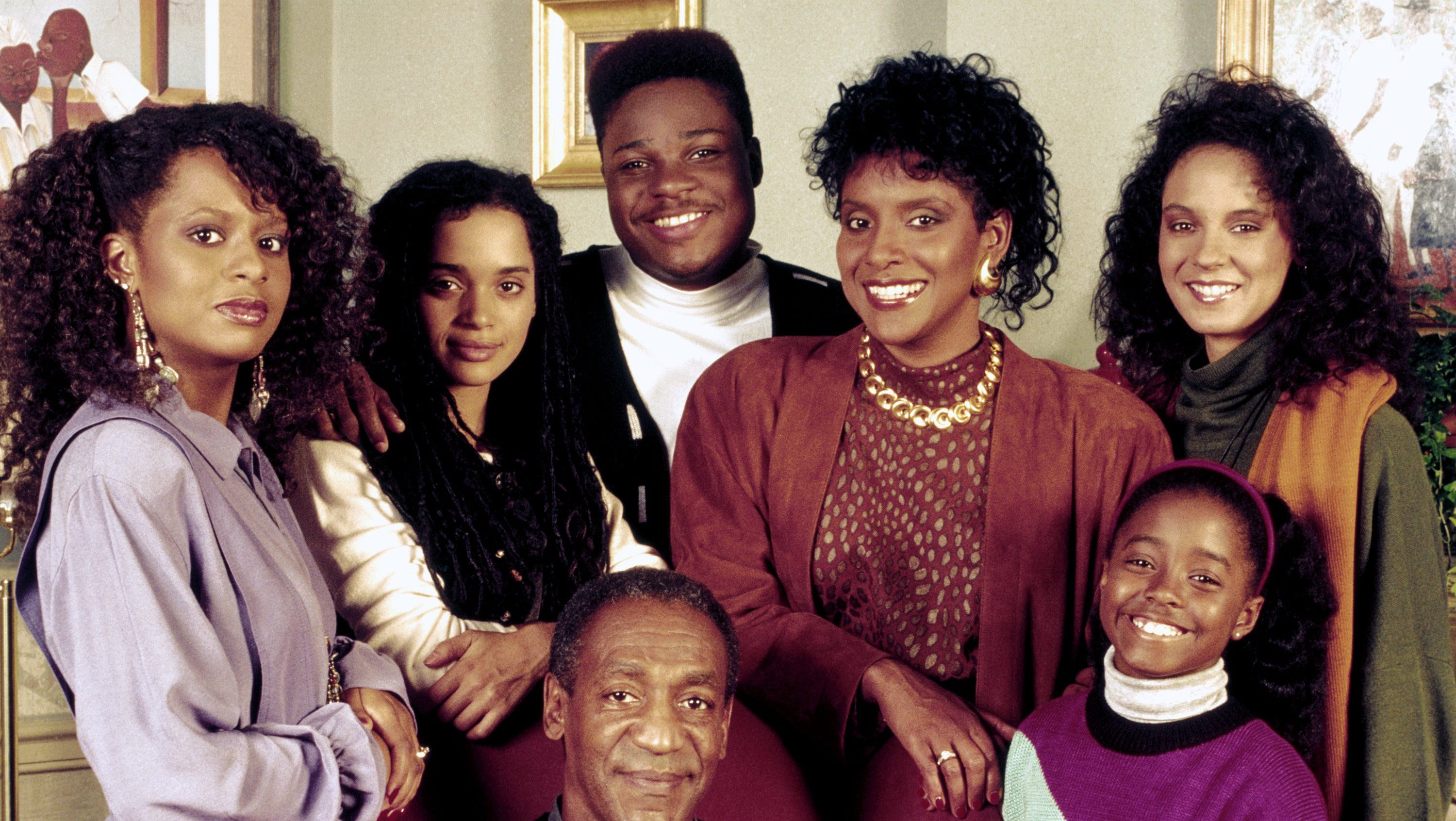
Introduction: The Cosby Show is often regarded as one of the greatest sitcoms in television history. First airing in 1984, it revolutionized how African-American families were portrayed on television, changing the cultural landscape forever. What made The Cosby Show so special was its ability to combine humor with important life lessons while showcasing a loving, successful African-American family. Decades later, the show’s impact is still felt, as it continues to capture the hearts of audiences, both old and new.
The Cultural Impact: Before The Cosby Show, African-American families were often depicted on television in a limited, stereotypical light. Shows like Good Times and The Jeffersons featured working-class African-Americans, but The Cosby Show broke that mold. The Huxtables were a successful, middle-class family with a strong moral foundation. Bill Cosby, who starred as Cliff Huxtable, portrayed a father who was both intelligent and loving. This shift in representation was groundbreaking, offering viewers a fresh, positive perspective on African-American life. The show also addressed significant issues such as education, work-life balance, and relationships, helping to normalize the idea that African-Americans could be successful professionals and loving parents.
Character Breakdown: Each member of the Huxtable family played a vital role in making the show relatable and loved. Cliff Huxtable, the charming and sometimes goofy father, set the tone for the show’s family-oriented humor. His wife, Clair Huxtable, played by Phylicia Rashad, was a strong and supportive matriarch, balancing her successful career as a lawyer with raising a large family. The children, including Sondra, Denise, Theo, Vanessa, and Rudy, each had their own unique personalities, making the family dynamic feel real and relatable.
Theo, played by Malcolm-Jamal Warner, was especially popular with viewers. His teenage struggles, academic challenges, and humorous antics resonated with many viewers, particularly those of a similar age. The Cosby Show did an excellent job of portraying the highs and lows of family life with a sense of humor and heart.
Legacy: The Cosby Show broke new ground in television history, not only for African-American representation but also for its portrayal of family dynamics. It became the highest-rated show on television for several years, dominating the 1980s. The show paved the way for other successful sitcoms like The Fresh Prince of Bel-Air and Family Matters, which continued the tradition of portraying strong African-American families.
Even today, The Cosby Show remains relevant because of its universal themes. It reminds us that family, no matter what the background or circumstances, is a source of love, joy, and support. The Huxtables continue to serve as an iconic example of a family that we can all relate to, regardless of race or background.
Conclusion: The Cosby Show is not just a sitcom; it is a cultural phenomenon that redefined how we view family life on television. With its positive portrayal of an African-American family, its memorable characters, and its timeless lessons, it remains one of the greatest shows in television history.
